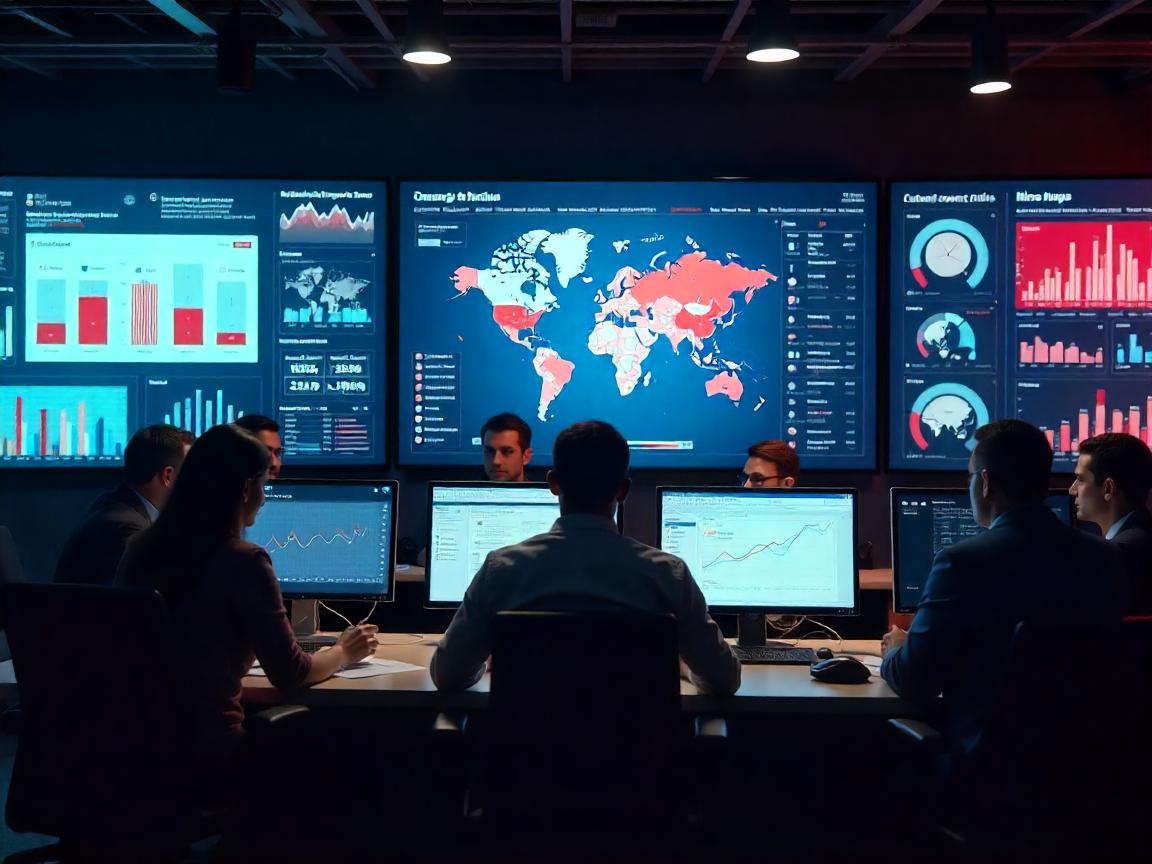
Years ago, the political campaigns would depend on door-knocking, television ads, and the speeches at town halls. Now they have evolved to being complex data exercises that run on AI and are nourished by flows of social media that change by the hour. Simply see how in 2024 the Republican National Committee released an AI-generated clip criticizing President Biden moments after he announced his reelection. No, it is not science fiction, this is the new induction level. Being an experienced campaign strategist who has been observing this changeover evolve over the years, I can inform you: this is the age of algorithms surpassing gut feeling, and a ground game now occurs on your display.
Snap Rebuttals: AI Becomes the Fastest Campaign Operative
Among the most surprising trends is how quickly companies now use AI to create custom messaging.”Or, more simply. During the previous election, alone, generative AI systems created thousands of campaign materials, everything but rebuttal videos to the Hyper-specific fundraising emails. Brookings followed up by saying that the AI video that RNC created took less than 15 minutes; a process that was impossible a few years back. The company, Campaign Nucleus, headed by Brad Parscale is said to have worked on 14 billion email and generated 119 million through identical technology.
This is not merely bragging rights it is soul survival. With voter knowledge span going short to just few seconds, whoever solves the problem the first will construct the news. One of my previous colleagues at a midwestern PAC explained to me that when they finally published a fact sheet to disprove some viral statement, opposition campaigns driven by AI had already saturated all platforms with specific inconsistencies. We have forever changed the standard for the speed of response.
Microtargeting Voters: The Art of Digital Persuasion
Political marketing tendencies have changed past the generalization to demography. Today, AI models do not only make predictions of how people would vote but also what messages they would respond to. As AP News put it, Resonate had dug up more than 500 micro-segments of the voters including Budget Conscious Parents to Crypto Curious Millennials. Platforms then use datamining to push custom content down their feeds.
Case Study During the 2022 Senate race in Georgia, Raphael Warnock and his staff did extensive predictive analysis to target outreach to those voters in the suburbs who were swing voters. By stimulating 4 percent higher turnout among the voters they hoped to reach, they were more than enough to swing a close election.
Real-World Data: According to a survey conducted by the Pew Research Center in June 2025, 63 percent of American residents think that microtargeted political advertisements are intrusive, but nearly 70 percent of them acknowledge that such messages seem to be pertinent to them as individuals.
This is the major paradox of politics marketing in the modern world, i.e., between intrusion and personalization. The difference between voter outreach and voter manipulation continues to become more obscured.
Influencers: The New Campaign Surrogates
In the meantime, influencers are taking over as the visible manifestors of political messaging, whereas AI has been busy making optimal use of ad dollars behind the scenes. The latest Emarketer report titled 2025 Creator Economy established that close to 40 per cent of content creators had received offers to endorse or produce sponsored content through campaigns. It is easy to understand why.Creators are commanding trust. Even though they carefully choreograph the content, they sound natural as they deliver the messages.
Consider, only Alexandria Ocasio-Cortez, in her 2024 Twitch vicissitude streaming policy discussion combined with games, drew millions of watchers.Or consider the Creator Economy Summit held this spring at the White House, at which officials openly conspired with the most influential creators on how to educate voters.When you add the engagement of the creators with the algorithmic targeting to the mix, you will achieve a potent hybrid strategy that outsmarts the legacy strategies.
Conclusion: The Tipping Point for Political Marketing
The state of political marketing seems to be all trending in the same sense: that the use of AI and influence networks in a campaign will dominate the market, as well as the formation of opinion to an even quicker and convincing rate than ever before. But this change is not free of danger. What will it happen when deepfakes will be indistinguishable with reality? What can democratic debate achieve in an AI world where algorithms predict and influence every click? Let me know if you’d like any more variations!
I believe that the next elections will not only show who won or lost but will also reveal how the campaigns reinvented persuasion. As voters, strategists, and citizens, we must ask the question: are we prepared to embrace friction-free politics? Or are we going to realize that the speed and accuracy cost us the trust?
